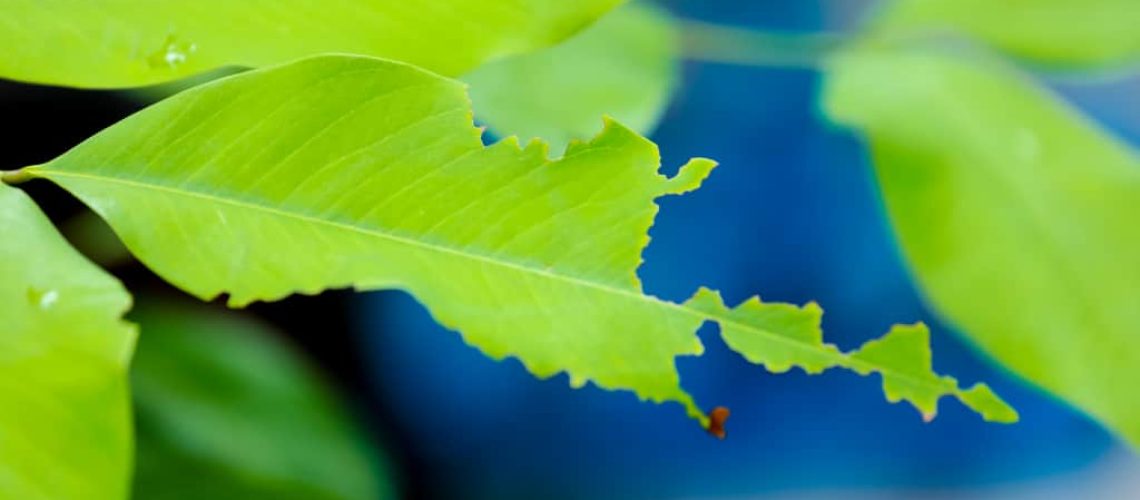Your landscape when well-maintained can be an attractive feature of your property. Once your plants are infested by pests, the once captivating landscape can become an unsightly yard. Pests don’t necessarily infest random landscapes. They thrive on yards that lack regular maintenance. Without giving much attention to your landscape, pests can chew your flowers and their leaves and make your trees their breeding ground, boring tunnels in the wood. When pests continue to feast on your plants, the landscape you have worked so hard to beautify will be a yard full of dead plants.
The common reaction of most homeowners upon discovering that their landscape has been infested is to use chemicals to get rid of pests the quickest way possible. Spraying pesticides, while an effective way to kill pests is equally dangerous. Aside from destroying the natural balance of your landscape, pesticides can also be dangerous to human health when inhaled. Without knowledge and training in handling chemicals and sprays, you can be applying too much of the required amount. There is also a possibility that you become pesticide-resistant which means you will be increasing the amount of pesticide you use around your home.
Not all insects in your yard are harmful. In fact, it is difficult and unrealistic to achieve an insect-free yard. You just need to make sure that your landscape only attracts beneficial and harmless insects. Some insects can keep harmful pests at bay. Examples of beneficial insects are butterflies, dragonflies, bees, ladybugs, and many others. As they say, prevention is better than cure. This is why when deciding to add a landscape, be sure to follow good garden practices. If there are pests, you need to control pests safely. With this approach, you will be able to maintain a healthy and beautiful landscape.
Pest Management Practices To Follow
- Know the source of the problem. Even if you discover an infestation, you should know the difference between good or bad. If you have big-eyed bugs, there is no need to panic as they eat bad bugs like chinch bugs.
- Identify threats to your landscape. If the problem is with weeds or chinch bugs, you don’t have to treat your entire lawn. You should only focus on the affected area. If one of your shrubs is infested, there is no need to treat all plants.
- Before you apply some pest management approaches, get to know the levels of infestation. If they are at low levels, these mean that they will only do minimal damage to your lawn. They can even become a source of food for beneficial insects.
- Depending on the degree of damage, you can try safe approaches like using insecticidal soaps or horticultural oils.
Regular Landscape Maintenance Matters
- As much as possible, you should avoid routinely applying pesticides. Only treat affected areas and call a landscape specialist so you can get the best treatment.
- Know more about beneficial insects that keep pests under control.
- If you need to use pesticides, make sure they are environment-friendly like Bacillus thuringiensis (Bt) products, horticultural oils, and insecticidal soaps.
- Every week, make it a habit to walk around your yard to check your plants so you will know if they are manifesting signs of problems.
Call a specialist to maintain your landscape. Your plants won’t suffer from pest infestation if you follow proven practices.


